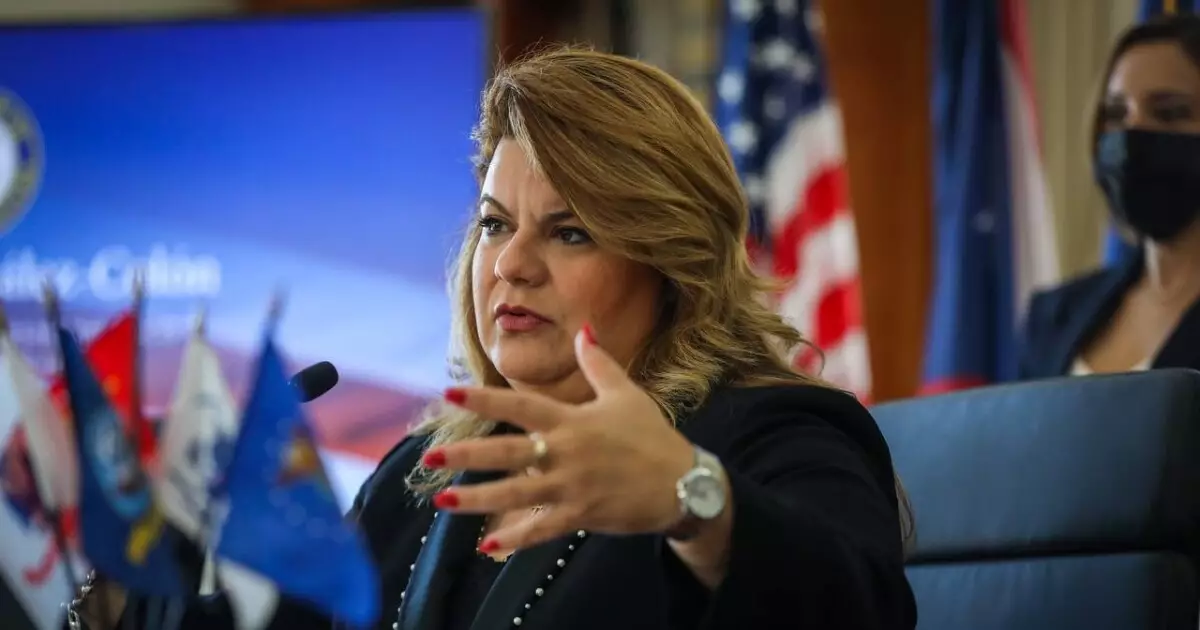In a surprising turn of events, Puerto Rico will have a new governor next year as Resident Commissioner Jenniffer González Colón upset Gov. Pedro Pierluisi in the race for the New Progressive Party nomination for governor. This outcome shocked many, as polls had previously shown Pierluisi ahead of González Colón. With about 80% of the vote counted, she was ahead by a significant margin of 56% to 44%, leading Pierluisi to concede the race.
González Colón’s victory was attributed to several key factors, including Pierluisi’s handling of the electrical transmission and distribution company LUMA Energy, the Law 80 employee layoff, severance, and retirement issue, as well as “general government mismanagement,” according to Puerto Rico attorney and commentator John Mudd. The unresolved bankruptcy of the Puerto Rico Electric Power Authority after almost seven years also played a role in swaying voters towards González Colón.
Impact on Puerto Rico
Despite the change in leadership, little is expected to change on the island due to the continued power of the Oversight Board, which was created in the federal Puerto Rico Oversight, Management, and Economic Stability Act of 2016. The Oversight Board maintains control over the territory’s budget, regardless of the outcome of the November elections for governor and legislature. This means that while there may be a new governor, the overall governance of Puerto Rico will not see significant shifts.
The unexpected upset in the governor race has set the stage for a potential shift in Puerto Rico’s political landscape. The New Progressive Party candidates, including González Colón, received 86% more votes than the two Popular Democratic Party candidates for governorship. This could signal the beginning of an extended period of dominance for the NPP in Puerto Rico politics, according to Vicente Feliciano, president of Puerto Rico-based Advantage Business Consulting.
Parties’ Stances
The political parties in Puerto Rico continue to advocate for their respective ideologies. The New Progressive Party supports statehood for Puerto Rico, while the Popular Democratic Party advocates for the island’s current “commonwealth” status. The Puerto Rico Independence Party and the Citizen’s Victory Movement party have joined forces to support a single gubernatorial candidate, Javier Córdova, with the former pushing for Puerto Rico’s secession from the United States and the latter being a leftist party.
The unexpected upset in Puerto Rico’s governor race has brought to light a complex web of issues and ideologies that will continue to shape the island’s political landscape in the years to come. The outcome of this election has the potential to usher in a new era of governance in Puerto Rico, with the NPP poised for a period of dominance and significant challenges ahead for the island’s economy and infrastructure.

